Autonomous Marine Intelligent Swarming Systems
for Interdisciplinary Observing Networks (A-MISSION)
|
P.F.J. Lermusiaux, P.J. Haley, Jr., T. Lolla, M.P. Ueckermann, W.G. Leslie, C. Mirabito Massachusetts Institute of Technology
|
Ongoing MIT-MSEAS Research Additional A-MISSION Links Presentations Background information MSEAS A-MISSION supported publications |
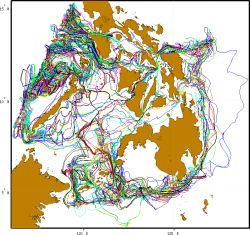 |
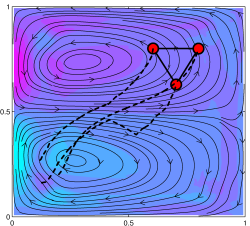 |
| This research sponsored by the Science of Autonomy Program - Office of Naval Research. | |||
Ongoing MIT-MSEAS Research
Our research is driven by the following five objectives:
Collected research and reference papers are found here (password protected - email wgleslie at mit dot edu for information).
|
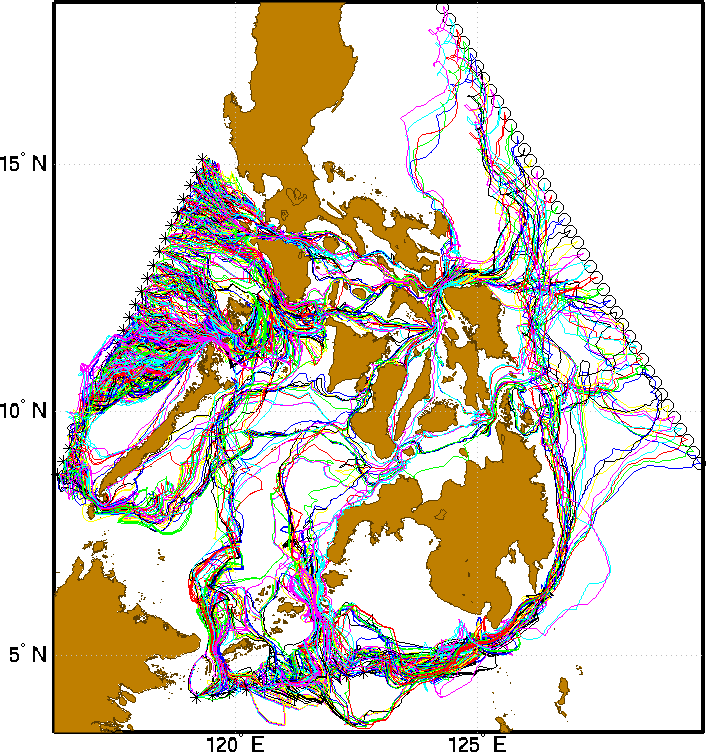 |
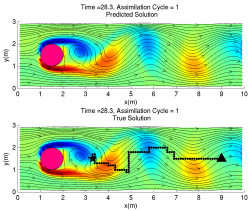 |
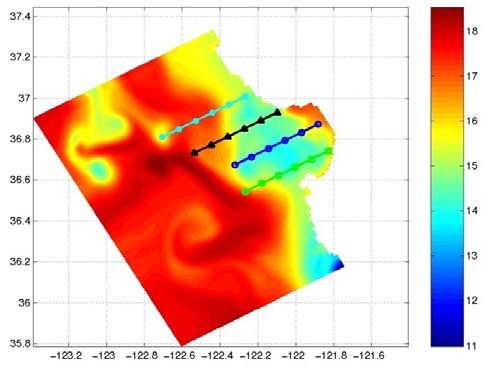
|

|
| Top of page |
Additional A-MISSION Links
- Science of Autonomy Program at ONR
- Autonomous Systems Innovation Summit
| Top of page |
Presentations
- MSEAS presentation for the Science of Autonomy meeting; Washington, DC; 21-23 July 2009 [PDF]
| Top of page |
Background information
The thrust and scope of our effort is to develop new principled formalisms and methodologies for optimal marine sensing using collaborative swarms of autonomous platforms (AUVs, gliders, ships, moorings and remote sensing platforms) that are smart, i.e. knowledgeable about the predicted environment, acoustic performance and uncertainties, and about the predicted effects of their sensing. Our research focus areas are Autonomous perception and intelligent decision making and Scalable and robust distributed collaboration. Specifically, our work includes research components on: tasking the placement of sensory and computational resources; agile searching; adaptation of algorithms; multi-task learning across multiple sensor types; task allocation, planning and coordination for heterogeneous systems; and structuring autonomy to balance competing tasks. We also involve the evaluation of uncertain a priori information for decision making; supervisory control of autonomous systems; and methods for acquiring and synthesizing information from multiple sources. Basic automated architectures are also employed for efficient integration of sensing, planning, and control of autonomous systems.
| Top of page |



